India Hot Topics
Shock And Anger In India After Worst Attack On China Border In Decades

India has reacted with shock and caution to the worst loss of life on its border with China in 60 years, with senior leaders largely silent on the hand-to-hand clashes in the remote, inhospitable Himalayan territory in which at least 20 Indian soldiers died.
Beijing also offered little information about the violence, but state media appeared to acknowledge on Tuesday that it had also led to Chinese casualties.
A day after reports of the first killings in the disputed area emerged, Indian news outlets began naming some of the dead and a clearer picture started to build of what transpired on Monday night on the high, steep ridge lines above the fast-flowing Galwan River in the western Himalayas.
The killings were sparked when a patrol of Indian soldiers unexpectedly encountered Chinese troops in a steep section of the mountainous region they believed the People’s Liberation Army had retreated from, in line with a 6 June disengagement agreement, sources in Delhi said.
The two armies jostled and hand-to-hand fighting broke out – neither side armed in line with decades of tradition supposed to ward off the possibility of escalation between the nuclear-armed neighbours.
Then an Indian commanding officer was pushed, fell from the narrow ridge and plunged to his death in the gorge below.
Reinforcements from the Indian side were summoned from a post about 4km away and eventually about 600 men were fighting with stones, iron rods and other makeshift weapons in near-total darkness for up to six hours, Indian government sources said, with most deaths on both sides occurring from soldiers falling or being knocked from mountain terrain.
The United Nations and US government have expressed concern over the outbreak of violence between Indian and Chinese soldiers on the disputed Himalayan border which saw at least 20 people killed.
UN secretary general, Antonio Guterres urged both sides to exercise “maximum restraint”.
“We are concerned about reports of violence and deaths at the Line of Actual Control between India and China and urge both sides to exercise maximum restraint,” his spokesman said. “We take positive note of reports that the two countries have engaged to de-escalate the situation.
The US state department offered its condolences to the families of the 20 Indian soldiers confirmed to have died, and said it was monitoring the situation closely.
“Both India and China have expressed a desire to de-escalate and we support a peaceful resolution of the current situation,” it said.
Indian media has reported that talks between commanders have been held, and high-level Indian officials were meeting at the ministry of defense, India Today reported.
Indian Congress leader Rahul Gandhi has hit out at the country’s prime minister, Narendra Modi, who is yet to make a public statement. “Why is the PM silent?” he said.
“Enough is enough. We need to know what has happened. How dare China kill our soldiers? How dare they take our land.”
Both countries’ militaries have blamed the other for the conflict.
Beijing has refused to confirm any deaths on its side, but accused India of crossing the border twice and “provoking and attacking Chinese personnel”.
The editor in chief of state-run the Global Times, said he understood there had been Chinese casualties, but the People’s Liberation Army wanted to avoid “stoking public mood” by comparing numbers.
An editorial in the same paper said: “China does not want to turn border issues with India into a confrontation”, before blaming India for “arrogance and recklessness”.
Indian media is also now asking if there was an intelligence failure that led to the Indian patrol encountering the Chinese soldiers.
“Should there have been some kind of heads up or a warning?” said Shiv Aroor, senior editor at India Today.
“These are areas where decisions have to be taken on a dime. It’s a life-and-death situation … you’ve got to be extremely dynamic,” he said.
“I don’t find any reason to believe the Indian army slipped up in this way … a camp that had already been disengaged by the Chinese had already made its way back,” he said.
Both parties have been working towards de-escalation in recent weeks but the loss of life makes the situation even more complicated and precarious.
Chinese state media has reported the PLA is conducting joint military exercises “aimed at the destruction of key hostile hubs in a high-elevation mountainous region”. The PLA Tibet Military Command conducted live-fire drills with heavy artillery on Tuesday, with reports linking the PLA’s preparedness for high elevation combat to the clashes with India.
News Source: TheGuardian
Also Read: A ‘500 Years Old’ Temple, Submerged In The Mahanadi In Odisha, Is 60 Feet In Height.
Movie
The Madras High Court has granted early screenings of Vijay’s Leo movie from 7 AM, requesting the TN government to resolve any issues.
Madras High Court Grants Early Screenings of Vijay’s “Leo” Movie at 7 AM, Urges TN Government to Address Concerns
The Madras High Court has made a landmark decision in favor of the much-anticipated Tamil film “Leo,” starring actor Vijay. In a significant move, the court has granted permission for early screenings of the movie from 7 AM, urging the Tamil Nadu government to swiftly address any issues and facilitate the smooth release of the film. This decision marks a pivotal moment in the realm of Tamil cinema and the entertainment industry at large.
Historical Context:
The Indian film industry, particularly the Tamil film industry, has seen its share of controversies and challenges related to film releases. Issues such as censorship, political disputes, and public sentiment have often played a significant role in shaping the release schedules and screening times for films. Vijay, one of Tamil cinema’s most prominent actors, has been at the center of such controversies in the past. This decision by the Madras High Court is, therefore, particularly noteworthy.
The Ruling:
The Madras High Court’s decision to permit early screenings of “Leo” comes as a response to a plea filed by the film’s producers. The court, while considering the plea, took into account various factors, including the film’s anticipated popularity and the prevailing circumstances. The court emphasized the importance of accommodating the audience’s interests and allowing them to enjoy the film without disruptions.
A Step Towards Normalization:
The court’s decision signifies a positive shift in the film industry, where release dates and screening times are often mired in controversy. By allowing screenings to commence at 7 AM, the court aims to reduce the chances of public unrest and congestion near theaters, especially in the wake of high-profile film releases.
The Role of the Tamil Nadu Government:
The Madras High Court, in its ruling, also called upon the Tamil Nadu government to cooperate in ensuring a seamless release for the film. This cooperation extends to providing necessary security measures to maintain law and order around theaters during the early screenings.
Implications for the Entertainment Industry:
The decision is expected to set a precedent for the release of other highly anticipated films, not just in Tamil cinema but also in the broader Indian film industry. The court’s emphasis on the importance of accommodating the audience’s interests could lead to more flexible screening times for movies in the future.
The Audience’s Perspective:
For moviegoers and fans of Vijay, this decision comes as a welcome relief. They can now look forward to enjoying the film without any undue delays or disruptions, ensuring a memorable cinematic experience.
In conclusion, the Madras High Court’s ruling to allow early screenings of Vijay’s “Leo” at 7 AM while urging the Tamil Nadu government to resolve any issues paves the way for a more audience-centric approach in the film industry. It is a landmark decision that highlights the importance of balancing the interests of filmmakers and the movie-loving public. This judgment is poised to make a positive impact on the release of future films, ushering in a new era of flexibility and convenience for cinema enthusiasts.
Group Media Publications
Entertainment News Platforms – anyflix.in
Construction Infrastructure and Mining News Platform – https://cimreviews.com/
General News Platform – https://ihtlive.com/
Podcast Platforms – https://anyfm.in
-
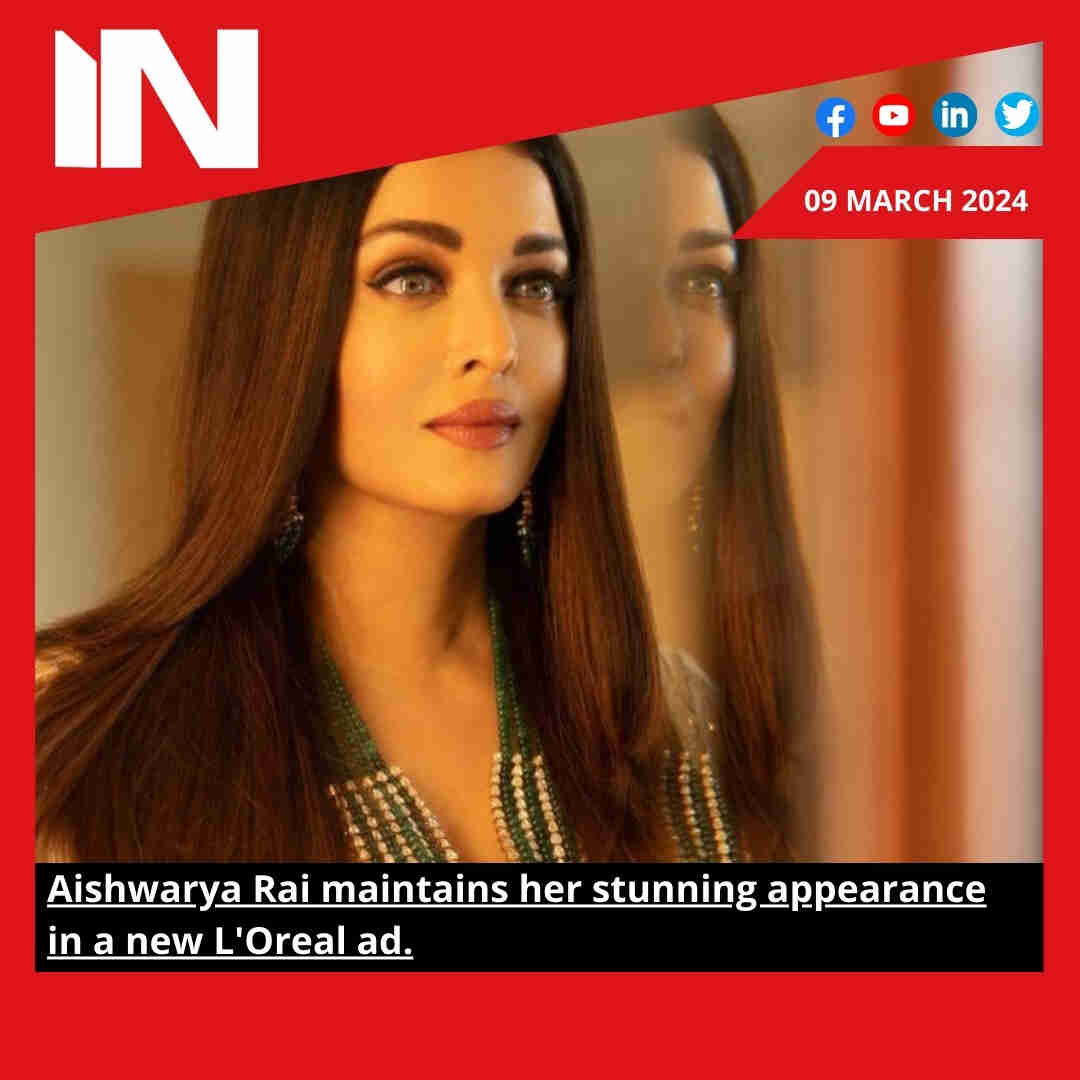
 Bollywood2 months ago
Bollywood2 months agoAishwarya Rai maintains her stunning appearance in a new L’Oreal ad.
-

 health and remedies2 months ago
health and remedies2 months agoThe article discusses the potential health risks associated with swallowing dry ice
-
.jpg)
.jpg) Music1 month ago
Music1 month agoSidhu Moosewala’s father and baby brother feature on Times Square billboard; fans react. Watch
-

 Entertainment2 months ago
Entertainment2 months agoThe Anant Ambani-Radhika Merchant pre-wedding bash in Jamnagar has received a list of guests.
-
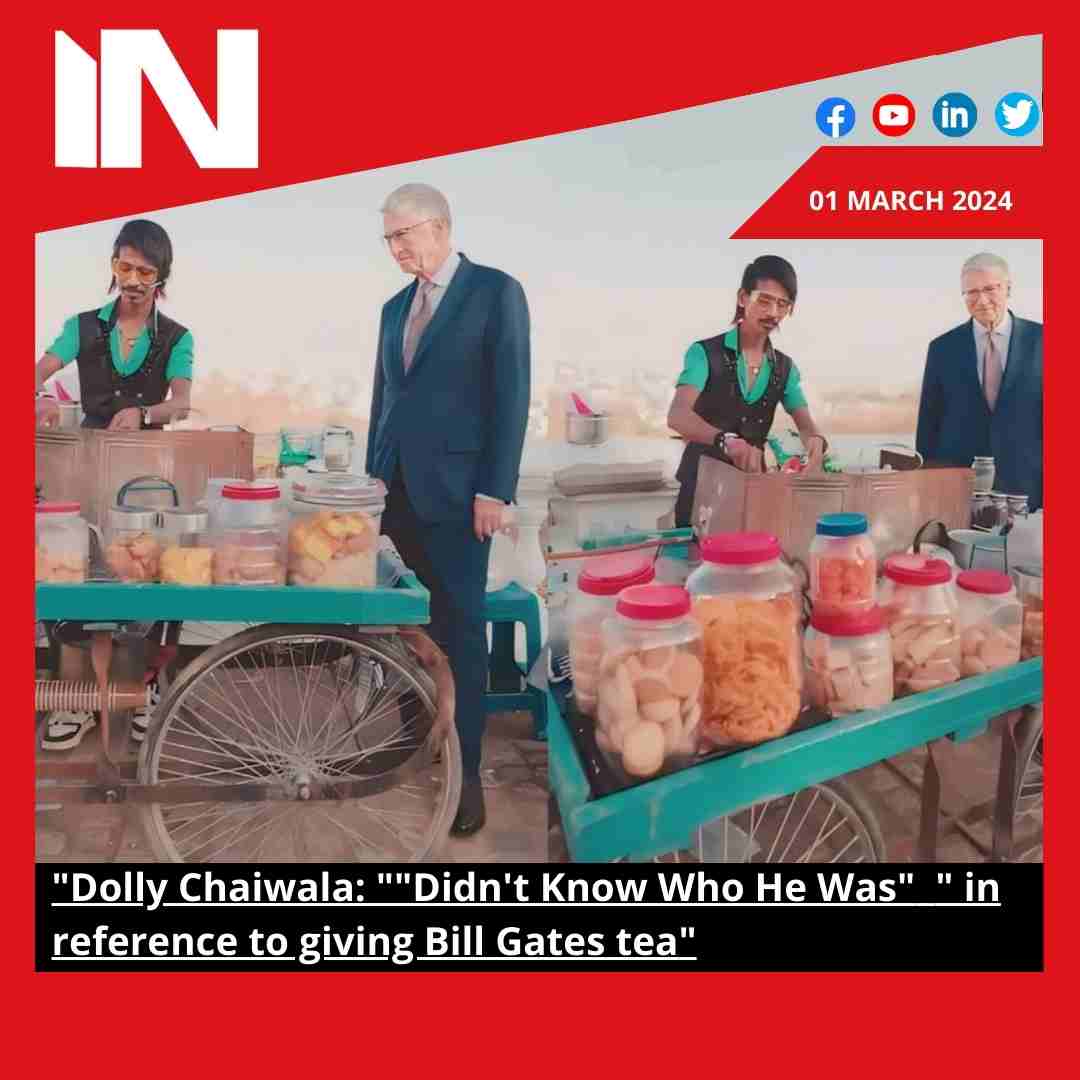
 Trending2 months ago
Trending2 months agoDolly Chaiwala: “Didn’t Know Who He Was” in reference to giving Bill Gates tea
-
Bollywood3 weeks ago
Rasha, the daughter of Raveena Tandon, discusses how trolling affects her: “I think in processing it, feeling bad for a bit.”
-
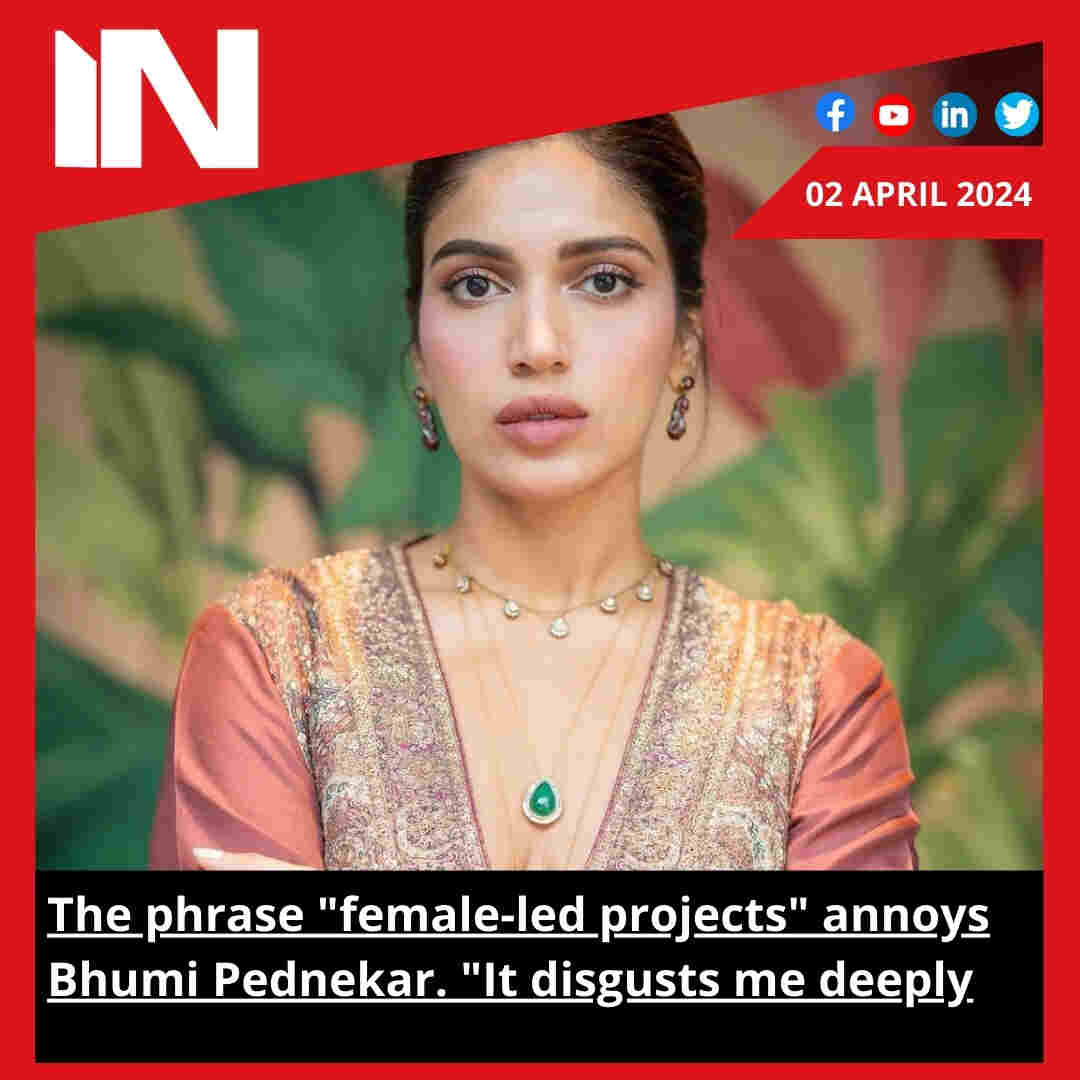
 Bollywood3 weeks ago
Bollywood3 weeks agoThe phrase “female-led projects” annoys Bhumi Pednekar. “It disgusts me deeply.”
-

 Trending2 months ago
Trending2 months agoOppo Reno 12 Pro Key Features Leak Online: Expected to Receive a 1.5K Display with a Density 9200+ SoC
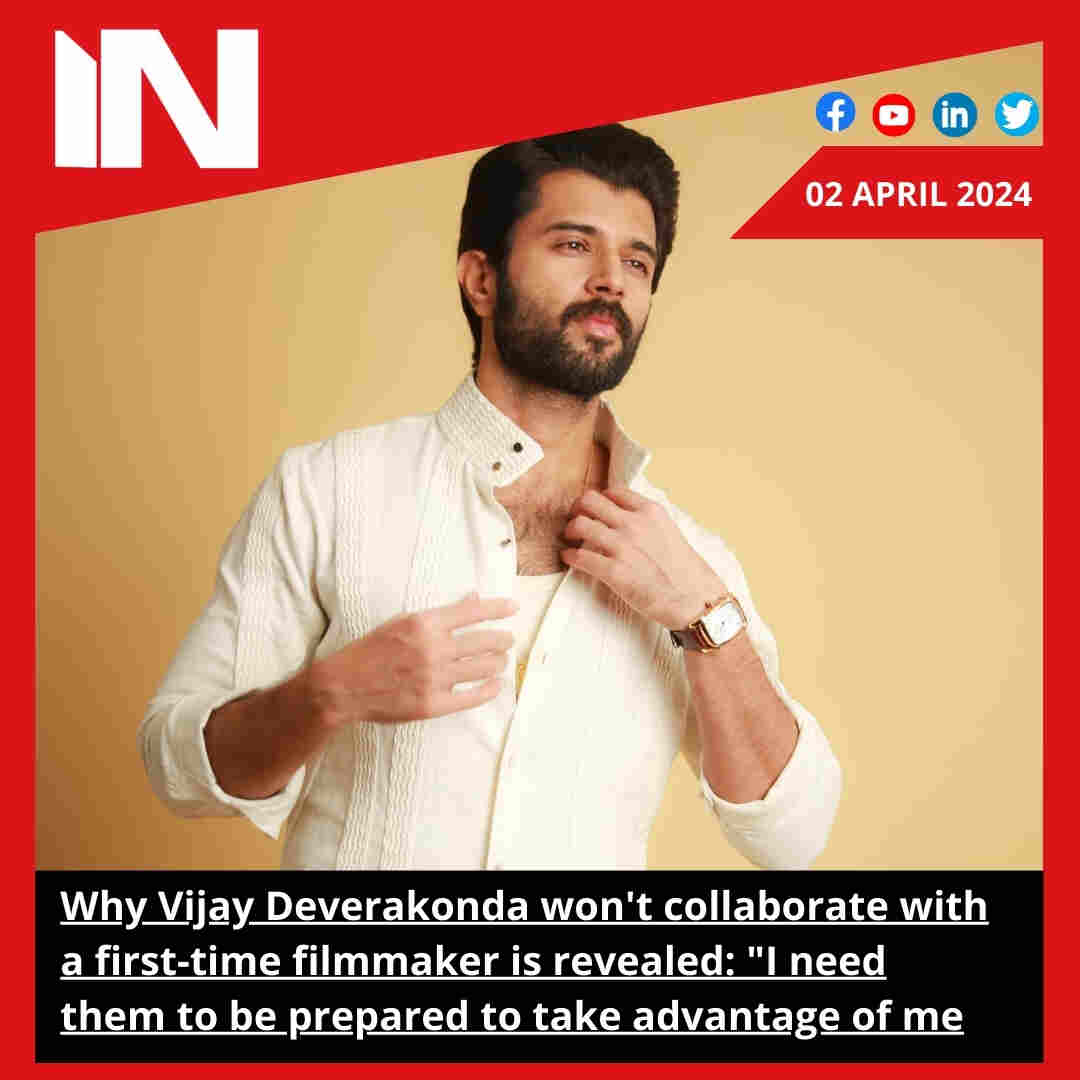

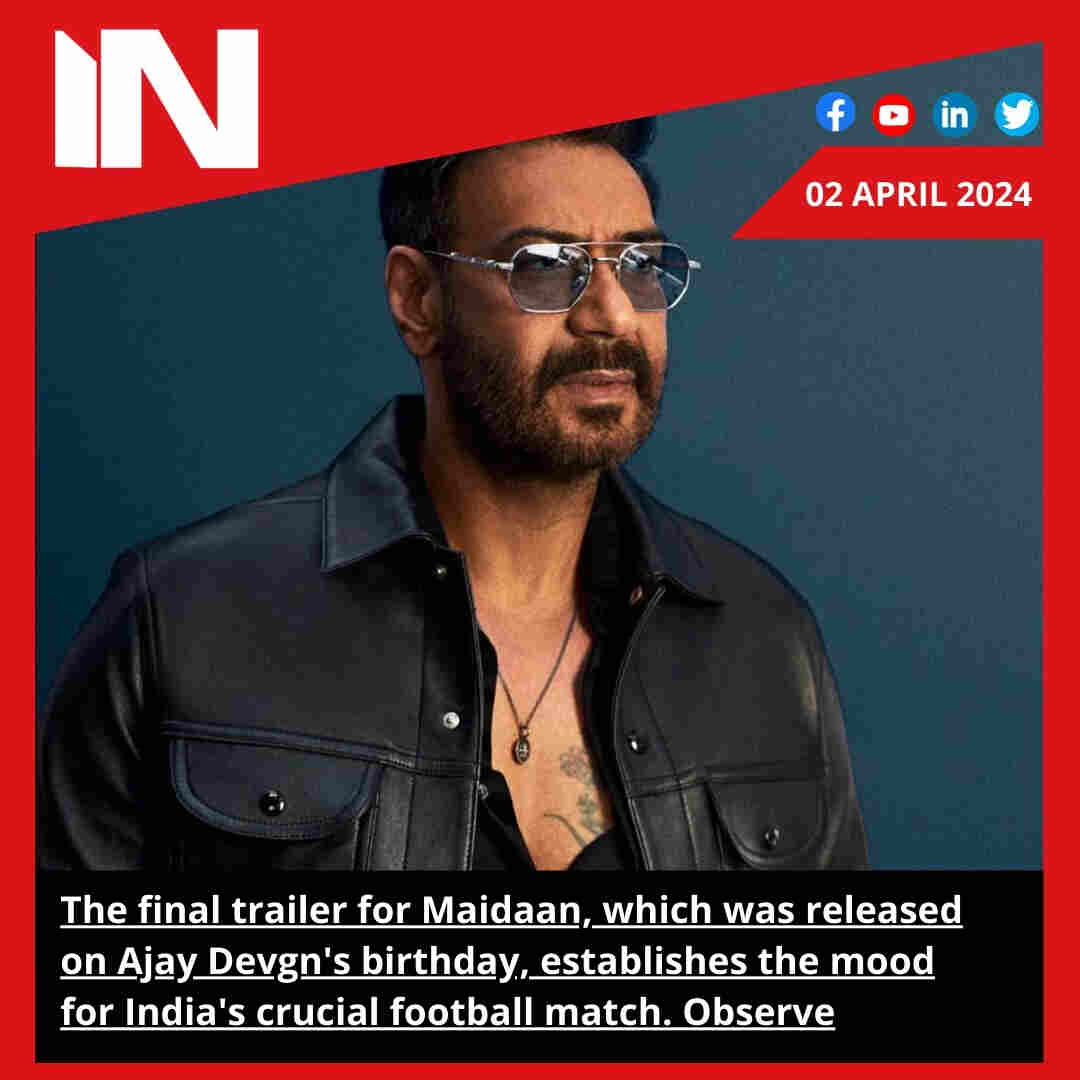

%20(1).jpg)
%20(1).jpg)
%20(1).jpg)
%20(1).jpg)
%20(1).jpg)
%20(1).jpg)





